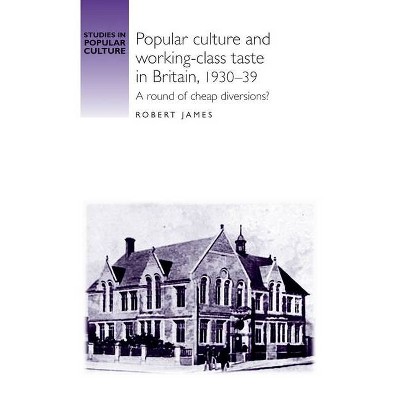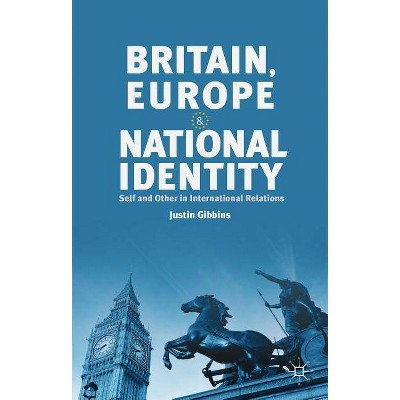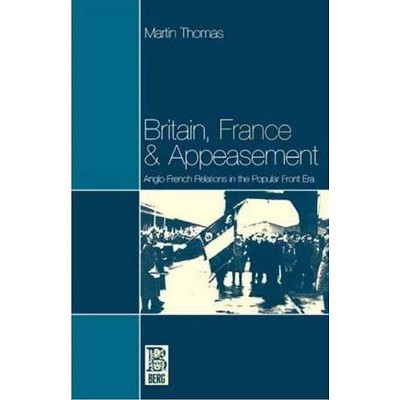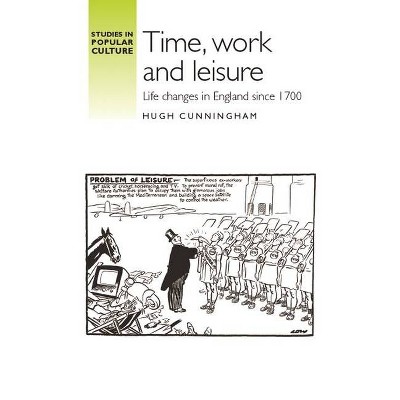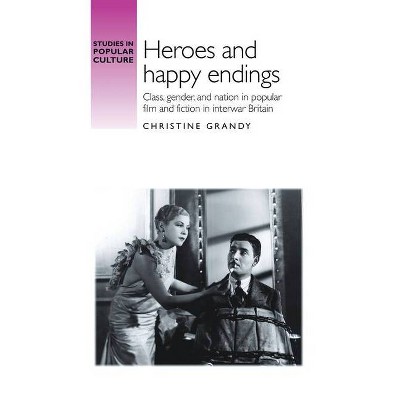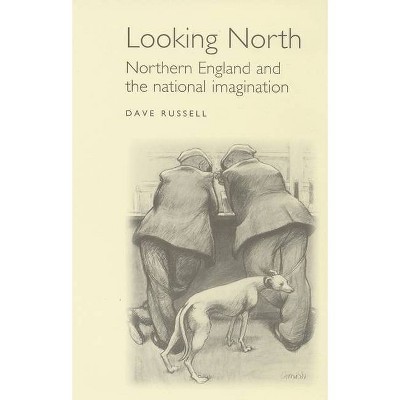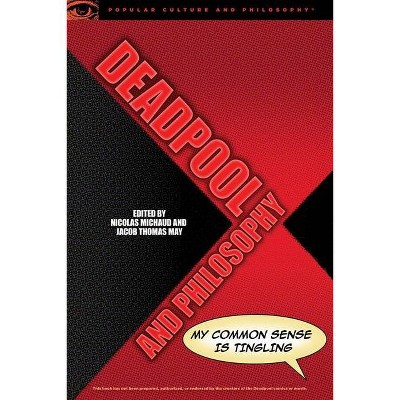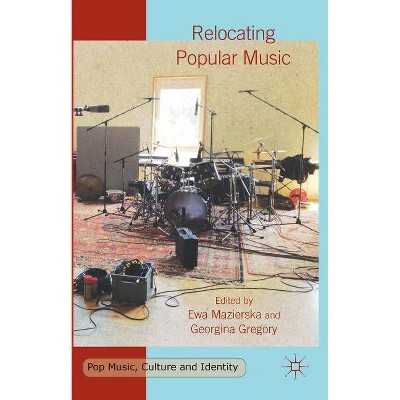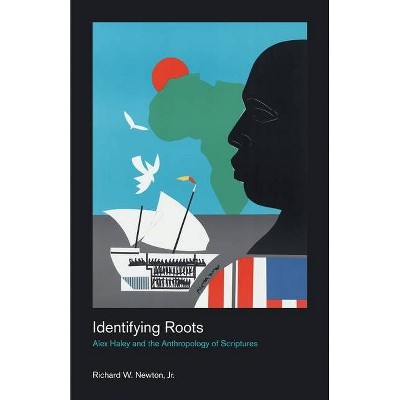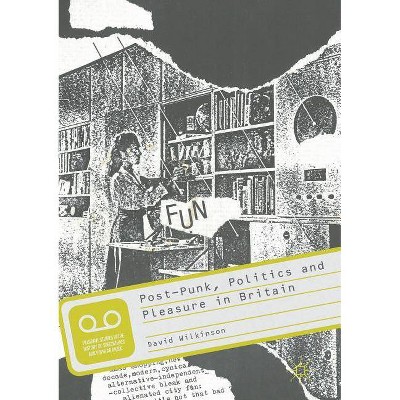The BBC and National Identity in Britain, 1922-53 - (Studies in Popular Culture) by Thomas Hajkowski (Paperback)
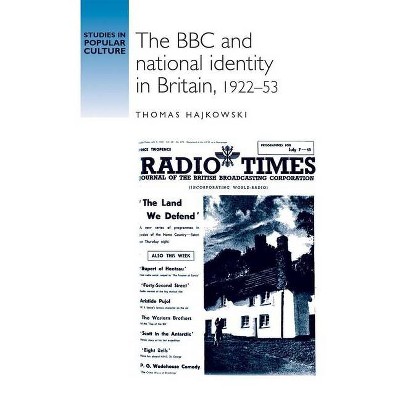
Similar Products
Products of same category from the store
AllProduct info
<p/><br></br><p><b> About the Book </b></p></br></br>This book is the first study of how the BBC, through radio, tried to represent what it meant to be British. The book combines an examination of the BBC's desire to construct a strong, unitary sense of Britishness (through empire and the monarchy) with a thorough consideration of the broadcasting in the non-English parts of the United Kingdom.<p/><br></br><p><b> Book Synopsis </b></p></br></br><p>Examining the ways in which the BBC constructed and disseminated British national identity during the second quarter of the twentieth century, this book is the first study that focuses in a comprehensive way on how the BBC, through its radio programs, tried to represent what it meant to be British. <br /> <br /> The BBC and national identity in Britain offers a revision of histories of regional broadcasting in Britain that interpret it as a form of cultural imperialism. The regional organization of the BBC, and the news and creative programming designed specifically for regional listeners, reinforced the cultural and historical distinctiveness of Scotland, Wales, and Northern Ireland. The BBC anticipated, and perhaps encouraged, the development of the hybrid "dual identities" characteristic of contemporary Britain.<br /> <br /> This book will be of interest to scholars and students of nationalism and national identity, British imperialism, mass media and media history, and the "four nations" approach to British history.</p><p/><br></br><p><b> From the Back Cover </b></p></br></br>Examining the ways in which the BBC constructed and disseminated British national identity during the second quarter of the twentieth century, this book is the first study that focuses in a comprehensive way on how the BBC, through its radio programs, tried to represent what it meant to be British. The BBC and national identity in Britain offers a revision of histories of regional broadcasting in Britain that interpret it as a form of cultural imperialism. The regional organization of the BBC, and the news and creative programming designed specifically for regional listeners, reinforced the cultural and historical distinctiveness of Scotland, Wales, and Northern Ireland. The BBC anticipated, and perhaps encouraged, the development of the hybrid "dual identities" characteristic of contemporary Britain. This book will be of interest to scholars and students of nationalism and national identity, British imperialism, mass media and media history, and the "four nations" approach to British history.<p/><br></br><p><b> Review Quotes </b></p></br></br><br>This is an important book that makes a valuable contribution to our knowledge of modern British history and the evolution of British identity in the twentieth century. Robert Savage, Boston College, H-Albion, 01/02/2012 Resting on a solid foundation of BBC written archives, personnel writings and speeches, and an impressive array of recent investigations, the volume's seven chapters reveal how Corporation and government decisions, from scheduling to content, impacted the marketing of Britishness. Eugenia M. Palmegiano, JHistory, 01/02/2012 one of the most original and incisive contributions to the history of British broadcasting since the publication of Asa Briggs' mammoth five-volume history between 1961 and 1995....It is a book that deserves to be afforded significant intellectual currency not only in the history of broadcasting but also in the academic discourse around national identity that emerged around the millennium and has received stimulus with the formation of Britain's' first coalition government in seventy years. James Chapman, University of Leicester, Visual Culture in Britain (13), 31/01/2012 The book is a welcome addition to the literature, particularly for those interested in either the BBC or imperial culture Laura Beers, Journal of Modern History<br><p/><br></br><p><b> About the Author </b></p></br></br><br>Thomas Hajkowski is an Assistant Professor of History at Misericordia University in Dallas, Pennsylvania<br>
Price History
Price Archive shows prices from various stores, lets you see history and find the cheapest. There is no actual sale on the website. For all support, inquiry and suggestion messagescommunication@pricearchive.us
